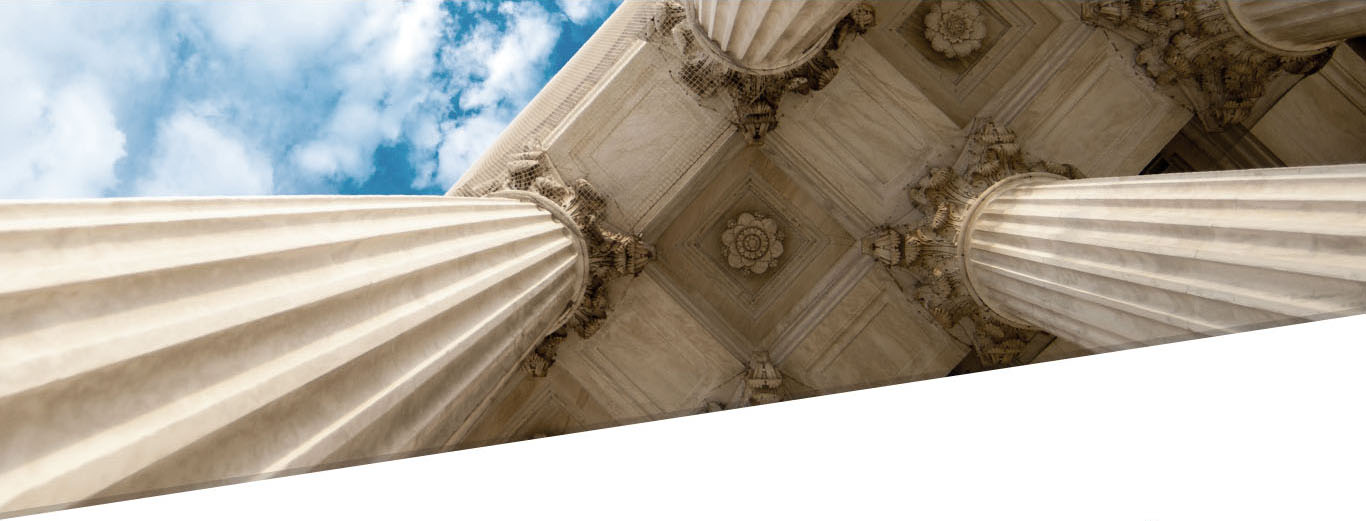The Appellate Division, Second Judicial Department recently handed down its decision on a medical malpractice suit appealed from the New York State Supreme Court. In reversing the lower court’s holding, the Second Department found that specific discovery requests by the plaintiff were wrongly denied.
Gabriels v. Vassar Bros. Hosp.
2016 N.Y. Slip Op. 00478, 2nd Dept 1-27-16
The Appellate Division, Second Judicial Department recently handed down its decision on a medical malpractice suit appealed from the New York State Supreme Court. In reversing the lower court’s holding, the Second Department found that specific discovery requests by the plaintiff were wrongly denied.
Plaintiff underwent surgery by the defendant, Spyros Panos, on May 10, 2007, April 24, 2008, and September 3, 2009. Plaintiff alleges that she suffered harm because the defendant was negligent in performing an unprecedented number of procedures on non-parties on the same days. Plaintiff also named Vassar Brothers Hospital as a defendant, arguing that the hospital knew or should have known that Panos was committing malpractice with the amount of procedures performed on those days.
Originally, the Supreme Court denied the Plaintiff’s Motion to Compel Discovery for a redacted list of surgical procedures Panos performed. The Plaintiff’s motion also included specific document requests such as written complaints against Panos and the hospital’s response to those complaints. The defendants claimed the complaints and replies were immune from discovery based on the quality assurance privilege under the Public Heath Law (stating that the documents were attained for quality assurance purposes).
The Second Judicial Department reversed the Supreme Court’s decision, compelling the defendant to submit a redacted surgical procedure list for the three specific dates. It was ordered that the discovery was to be disclosed only to parties and experts. Additionally, the court ordered the complaints and replies to be disclosed in camera, meaning privately in the judge’s chambers between the judge and parties only, for further determination by the court whether the quality assurance privilege applies or not.
To read the full case, click here.








